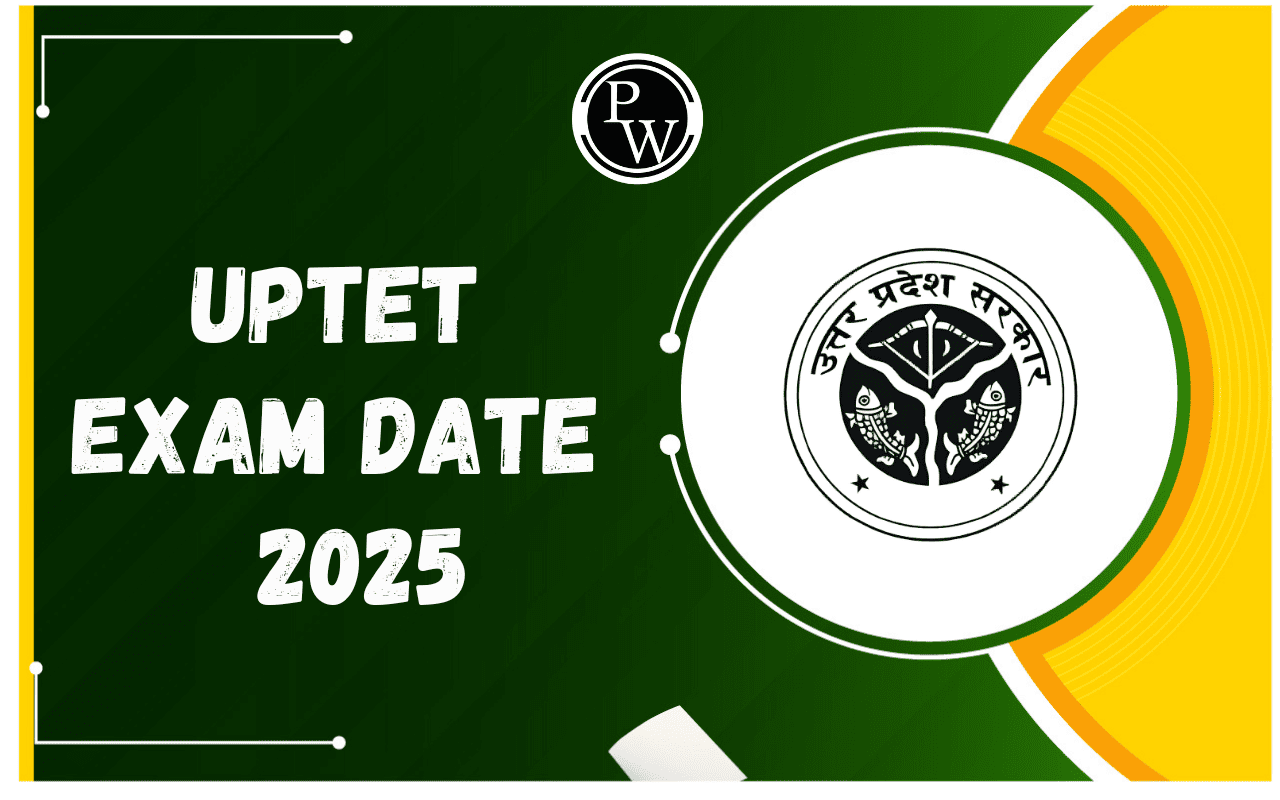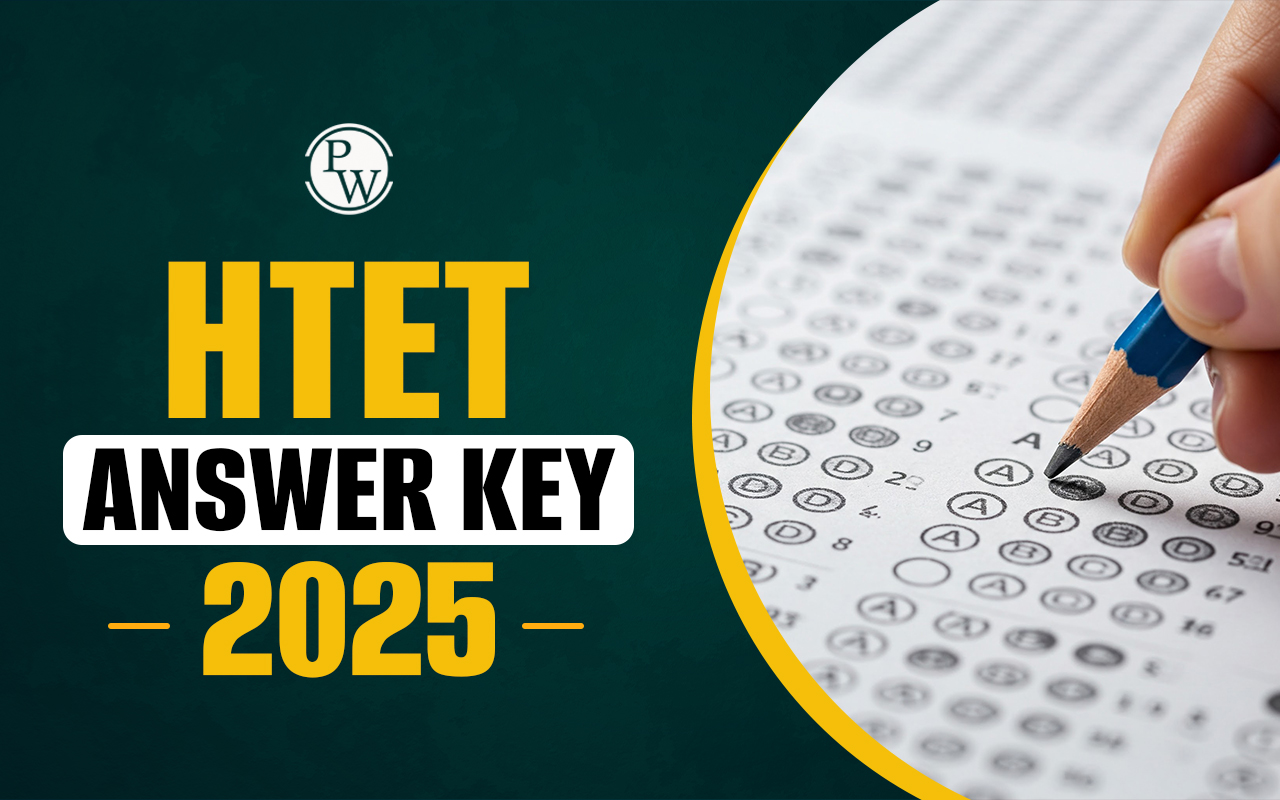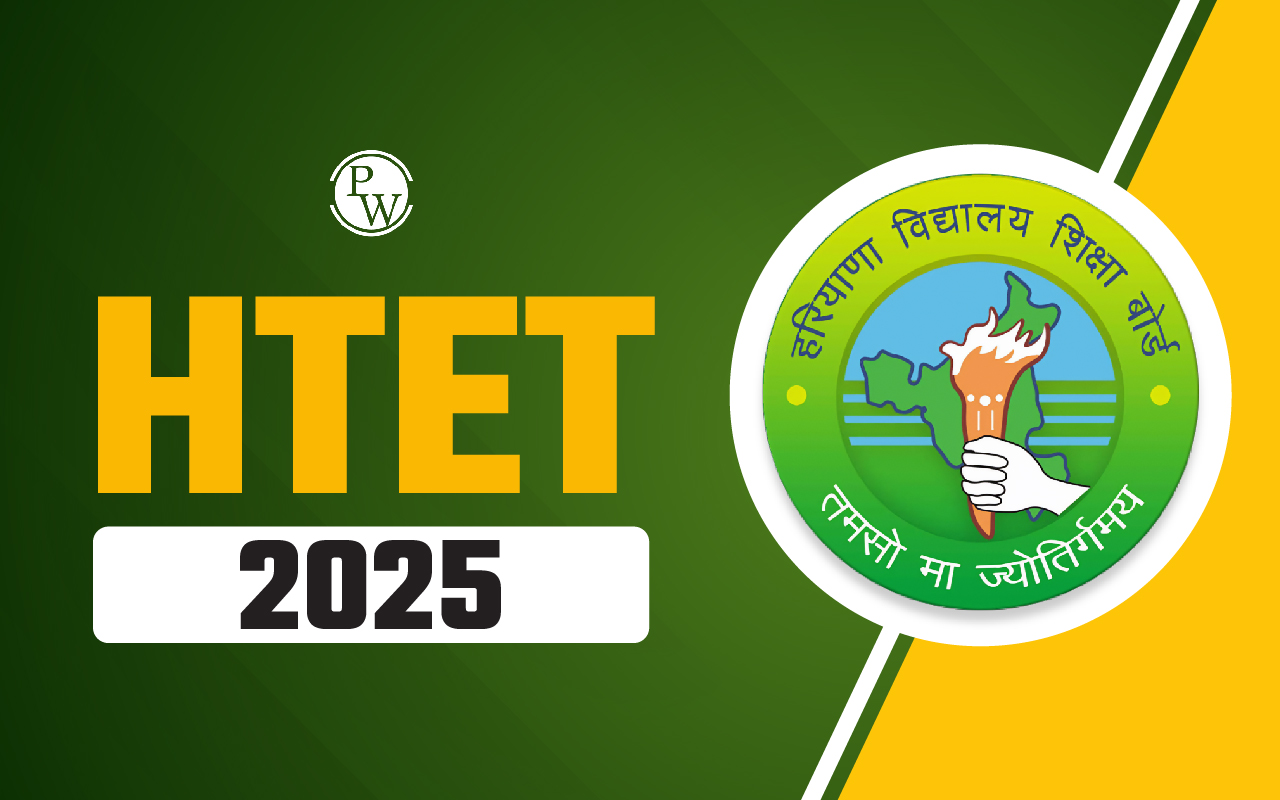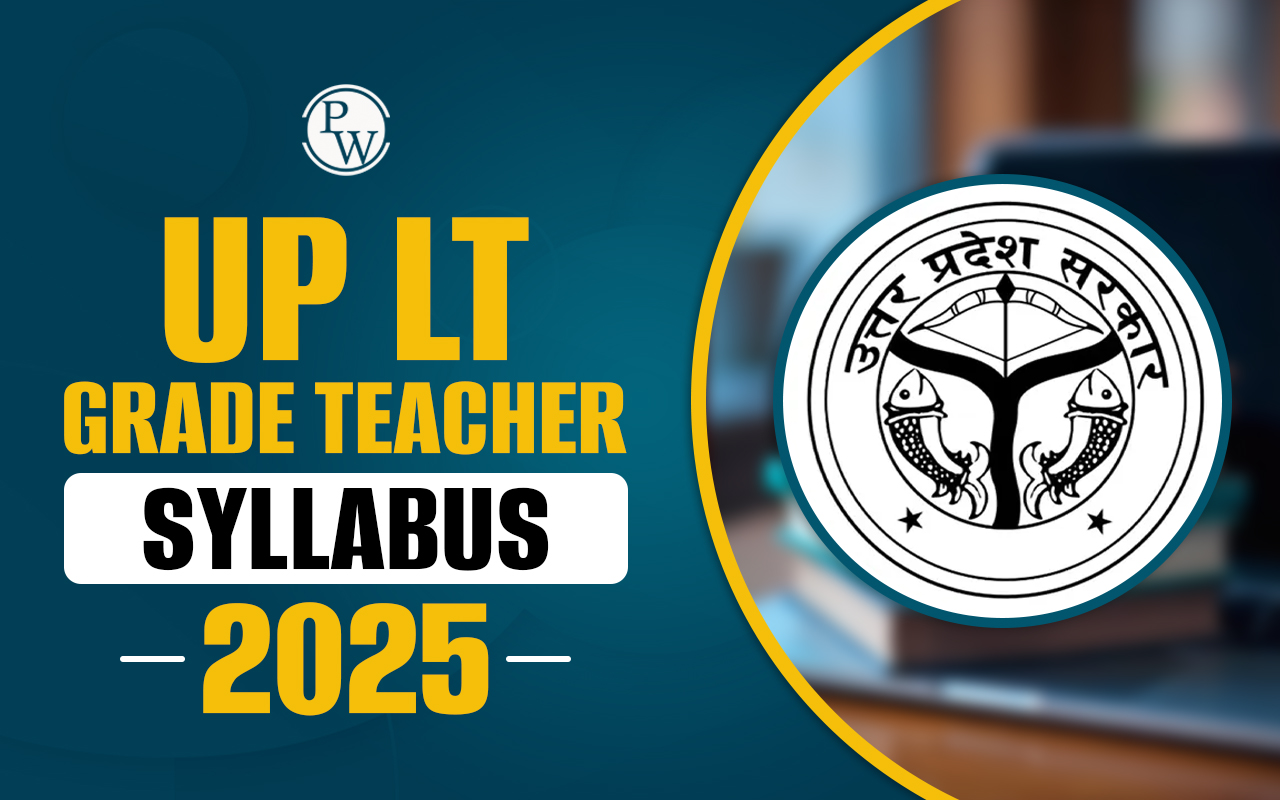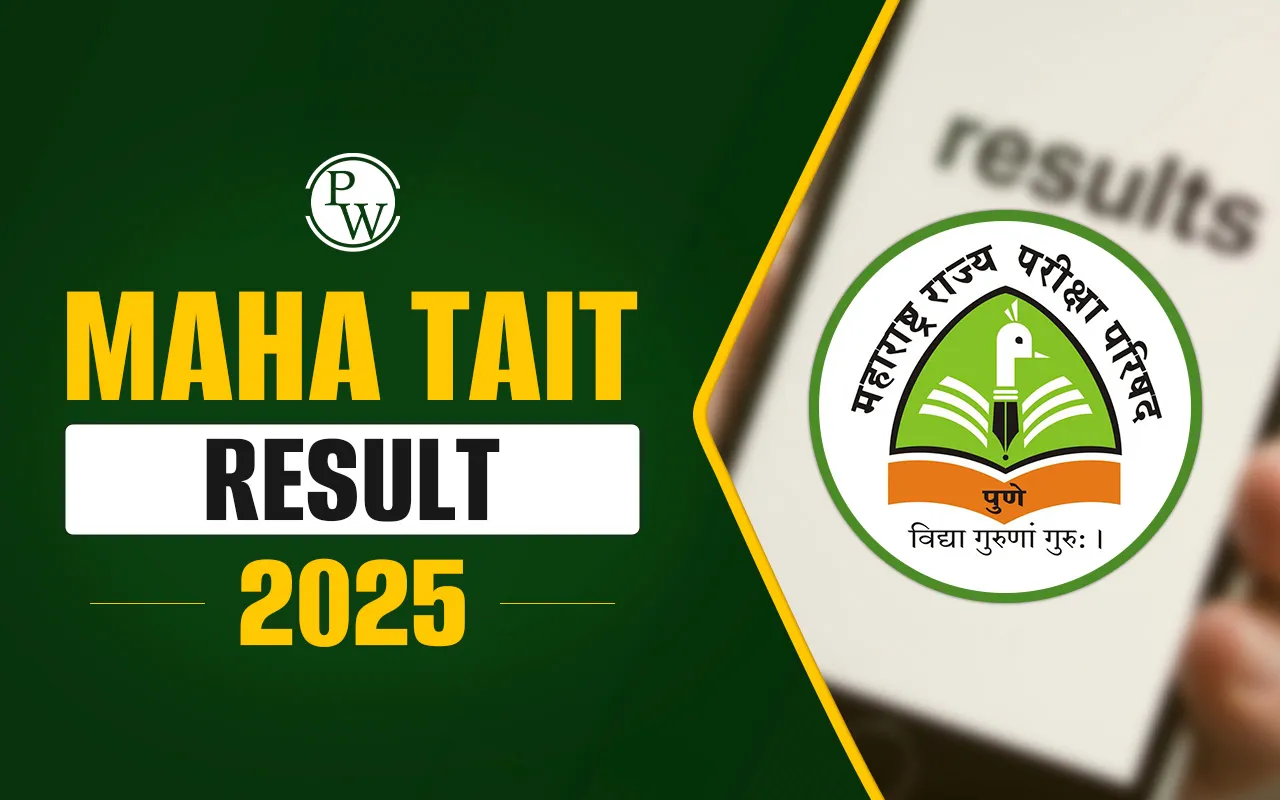TET (Teacher Eligibility Test) is a national-level examination conducted by the Central Board of Secondary Education (CBSE) to assess the eligibility of candidates to teach classes I-VIII in government and private schools across India. Candidates are advised to check TET eligibility and TET syllabus before heading towards its preparation. It is held to ensure that only qualified individuals are entrusted with the responsibility of shaping young minds. To help the candidates, PW offers online coaching for CTET, BPSC TRE, Bihar STET and other teaching exams.
TET stands for Teacher Eligibility Test. It is a qualifying examination conducted by state governments or central boards in India to assess the eligibility of candidates for teaching positions in government schools. The TET certification is essential for those aspiring to become primary or secondary school teachers in India.
The TET exam is held to ensure that only qualified individuals with the necessary pedagogical skills and knowledge are recruited to teach in schools. There are various TET exams conducted across different states in India.
The primary aim of conducting the Teacher Eligibility Test (TET) in India is to ensure that candidates aspiring to become teachers possess the essential skills, knowledge, and aptitude required for effective teaching at the primary and upper primary levels.
Introduced in 2011, TET is a mandatory qualification for teaching positions in government schools for Classes I to VIII and is conducted by both the central and state governments.
The test was established to bring uniformity and national standards to the recruitment process, thereby improving the overall quality of school education.
By assessing candidates’ academic brilliance, teaching competency, and professional attitude,
TET helps filter out unqualified individuals and ensures that only those who meet the minimum benchmark of teacher quality are eligible for appointment.
TET also motivates teacher education institutions to raise their performance standards and signals the government’s commitment to quality teaching.
The exam is based on the National Curriculum Framework for Teacher Education and requires candidates to have professional qualifications such as B.Ed or D.El.Ed.
Ultimately, the TET aims to create a pool of well-qualified, competent, and motivated teachers who can contribute to the holistic development of students and align with the vision of the Right to Education Act and the National Education Policy.
TET qualification is essential for government teaching jobs and enhances employability in private schools, offering a stable and rewarding career path in education. Here’s a guide about the career options after TET-
Primary Teacher (PRT): Eligible to teach classes 1 to 5 in government and private schools.
Trained Graduate Teacher (TGT): Eligible for teaching classes 6 to 8 in various schools.
Teaching Jobs in Central Government Schools: Opportunities in Kendriya Vidyalayas (KVS), Navodaya Vidyalayas (NVS), and other central government institutions.
Private Schools: Many private schools consider TET qualification for hiring teachers.
Promotional Opportunities: With experience, teachers can advance to roles like Headmaster, Senior Teacher, Assistant Teacher, and Principal.
Higher Education and Research: Qualified teachers can pursue further studies or research roles in education.
Online Tutoring and Coaching: Opportunities to work as online educators or private tutors.
Educational Counselor and Content Developer: Roles in guiding students or developing educational content.
